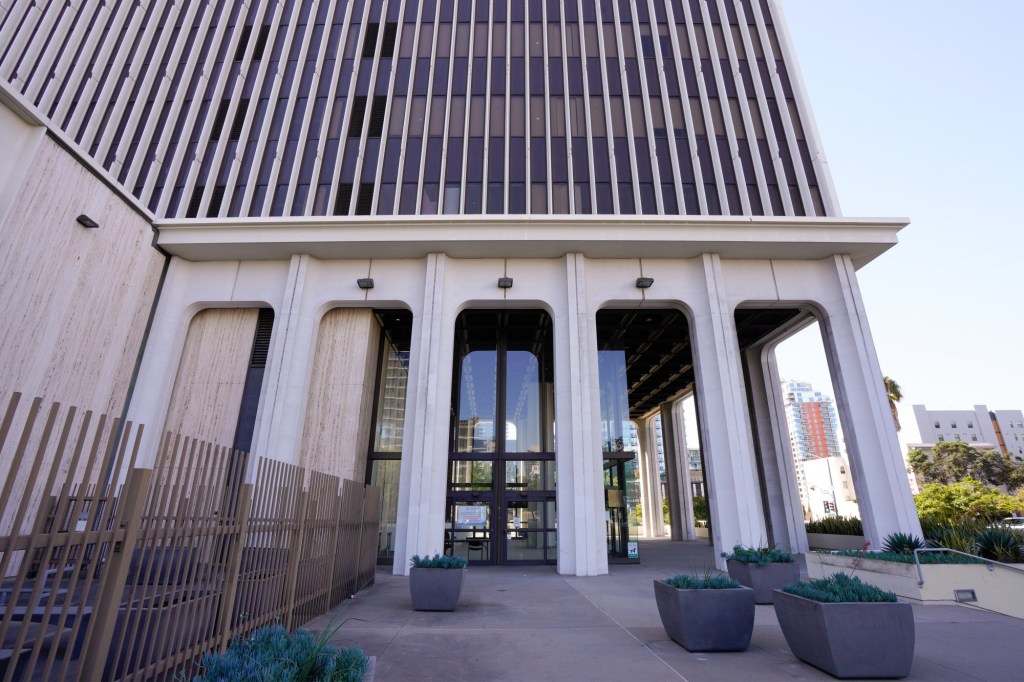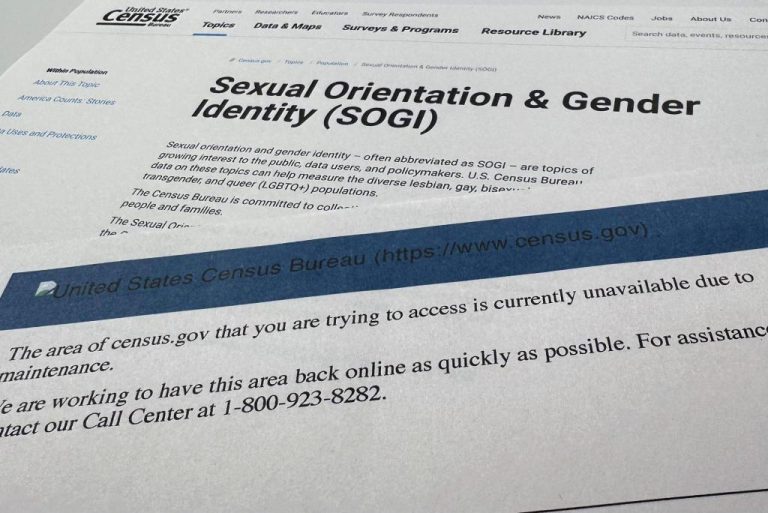

In an effort to avoid lopsided real estate deals like the one for 101 Ash St. that has cost taxpayers hundreds of millions for a building that still cannot be safely occupied, the City Council on Monday revised the way San Diego will approve future property leases and acquisitions.
Council members unanimously approved a series of new policies they hope will protect the city from buying or leasing real estate at inflated costs, or renting out public property to businesses or nonprofits for less than it could.
“This is a major accomplishment,” Councilmember Vivian Moreno said ahead of the vote. “Many of these audit recommendations have been around for quite some time.”
Among other changes, the policy revisions require the city to perform an independent appraisal before proceeding with any acquisition — a step that was not taken before the city approved the lease-to-own deal for the Ash Street property.
The city also failed to secure an independent appraisal in 2017, when it spent $7 million to buy a failed indoor skydiving facility in East Village.
The changes also require contractors or advisers who provide significant input on city real estate deals to sign an actual contract with the city, and to file a public statement of financial interest if warranted.
That rule change is a direct response to Jason Hughes, the real estate broker and former mayoral adviser who collected $9.4 million from the Ash Street lease and a similar deal he worked on for the Civic Center Plaza.
Hughes, whose financial interest in the two deals became public in 2021 as part of the city’s lawsuit over the 101 Ash St. lease, later pleaded guilty to a criminal conflict-of-interest charge and repaid the millions of dollars in fees he was paid for his work in 2015 and 2016.
He said he told six city officials he planned to seek payment for his real estate work on behalf of the city, citing a letter he sent to the city’s then-real estate director Cybele Thompson in 2014 that she accepted and signed. Then-Mayor Kevin Faulconer and others said they did not know about the fee arrangement.
Other changes approved Monday call for the city to prioritize leases over selling city-owned property. They also require the city to prepare an independent assessment of the condition of any property the city plans to lease or purchase.
Councilmember Marni von Wilpert noted that no such report was prepared ahead of the Ash Street lease-to-own deal, and she made a motion to add that requirement to the changes proposed for approval Monday.
“One of the giant holes in the 101 Ash debacle, before we were all elected, is that we didn’t have an independent building condition assessment,” she said. “The council should be able to see all of the building assessments the city procures.”
The revisions also call for renaming the city’s “Portfolio Management Plan” a “Real Property Management Plan” and require a review and update every other year and presenting those findings to the City Council.
In all, the revisions approved Monday include almost two dozen changes to three council policies.
Most of the amendments were originally put forward in four separate city audits dating back more than a dozen years.
Leaders of two major labor unions spoke in favor of the policy changes.
Several business leaders credited officials with proposing updates to the rules but requested some changes to language they said could hurt businesses. They were specifically concerned about a rule requiring the city to sign off leaseholder refinancing efforts.
“It’s important we not just continue to support these partnerships but ensure that they flourish,” Justine Murray of the San Diego Regional Chamber of Commerce told the council. “When these partners and lessees succeed, that increases revenue to the city.”
But city officials declined to revise the proposed change, saying that lease amendments would be considered on a case-by-case basis.
“Our goal was not to negotiate at the policy level, but to recognize that each negotiation may be unique,” Council President Joe LaCava said. “We will not negotiate hypothetical scenarios but on factual evidence.”
The city’s real estate practices have been under scrutiny for years.
In 2021, City Auditor Andy Hanau issued a scathing report raising questions about San Diego’s handling of the 101 Ash St. office tower, the bankrupt indoor skydiving center, an aging South Bay motel, a Kearny Mesa maintenance yard and other properties.
The 117-page report included numerous recommendations aimed at preventing future lapses in city real estate dealings, including the completion of a due-diligence checklist and a review by the city’s independent budget analyst ahead of any council vote.
Other revisions were proposed in prior audits dating back to 2012.
Months after his 2020 election victory, Mayor Todd Gloria rebranded the Real Estate Assets Department the Department of Real Estate and Airport Management and named Port of San Diego official Penny Maus its director.
But Maus was let go in 2023, months after some employees reported a “toxic, hostile, revenue-wasting” environment at the department. The agency later was made a division of the Economic Development Department.
Division chief Lucy Contreras said her real estate staff worked dutifully to draft the revisions presented to the City Council on Monday, and she said the tighter rules would improve practices for years to come.
“These revised policies are a culmination of a lot of hard work and collaboration,” Contreras said. “They will help guide all the hard-working staff of this organization and provide increased transparency for the public.”






